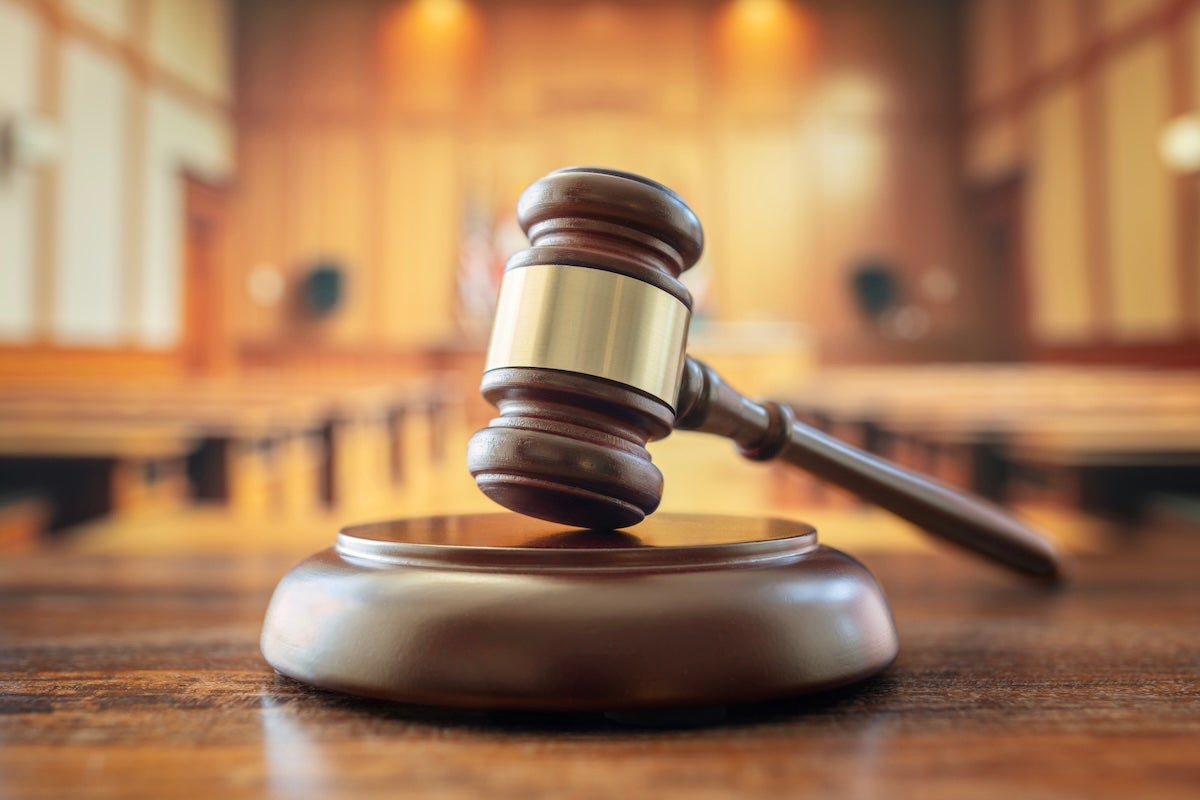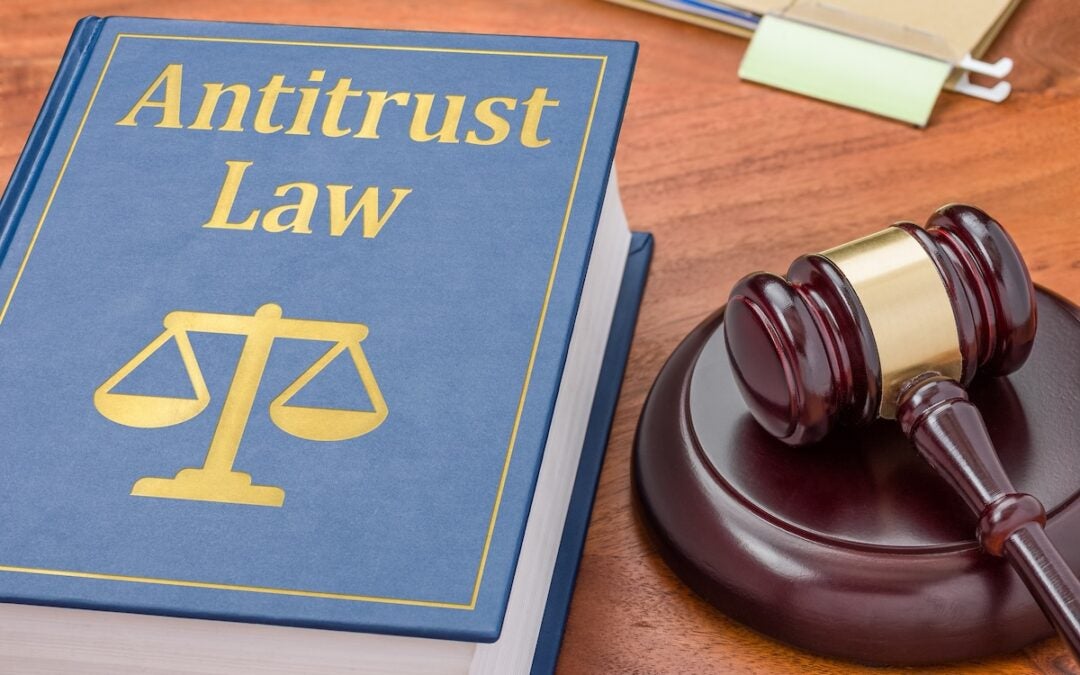by Dave Williams | Jun 10, 2025 | Capitol Beat News Service
ATLANTA – The Georgia Supreme Court Tuesday upheld only one of seven controversial changes to state election laws the Republican-controlled State Election Board (SEB) approved before last November’s elections.
In a unanimous ruling, the justices declared four of the other changes invalid and sent the remaining two back to a lower court for further review.
The lawsuit was brought by Eternal Vigilance Action, a Georgia-based advocacy group headed by Republican former state Rep. Scot Turner, and two individual voters including Turner. It argued that the SEB usurped the General Assembly’s constitutional jurisdiction when it adopted the rules changes. Lawyers representing the state, the Republican National Committee, and the Georgia Republican Party countered that the plaintiffs lacked legal standing to bring the case.
The only rules change the high court upheld requires video surveillance of absentee ballot drop boxes following the closing of polls each day.
The court sided with the plaintiffs by invalidating four of the rules, including requiring county election boards to conduct a “reasonable inquiry” before certifying election results, allowing election board members to examine all election-related documents before certifying results, requiring precinct workers to count ballots by hand after polls close, and requiring family members or caregivers to provide a photo ID when dropping off the absentee ballot of another voter.
The court ruled the other two rules changes – requiring that the total number of votes as well as the specific number of early and absentee votes be counted daily and posted on a website, and giving poll watchers greater access to areas where votes are being counted – cannot be challenged by voters or organizations and, thus, could not be decided by the justices.
On the legal standing issue, the court ruled that the individual voters who filed the suit have standing but the organizations involved in the case do not.
“The Georgia Constitution allows us to decide only claims brought by parties who have asserted their own rights have been violated,” Chief Justice Nels S.D. Peterson wrote in the court’s unanimous decision. “The organizational plaintiffs have not asserted the violation of any of their own rights … and so we cannot consider any of the claims they have brought.”
But the court agreed with the plaintiffs’ argument that four of the rules changes violated the state Constitution’s nondelegation doctrine, which prohibits each branch of state government from delegating its power to a different branch.
“(T)o permit the General Assembly to abdicate and transfer to administrative agencies of government essential legislative functions would strike down our constitutional system and inaugurate the police state, condemned by every advocate of individual liberty and freedom,” Peterson wrote, quoting from a 1950 state Supreme Court ruling.
Members of the SEB who voted for the changes said they were trying to restore public confidence in the electoral process that was shaken by uncertainties over the 2020 election results in Georgia. The rules’ opponents said the board was motivated by a desire to sow chaos and confusion in the 2024 results to boost the candidacy of Republican presidential nominee Donald Trump.










